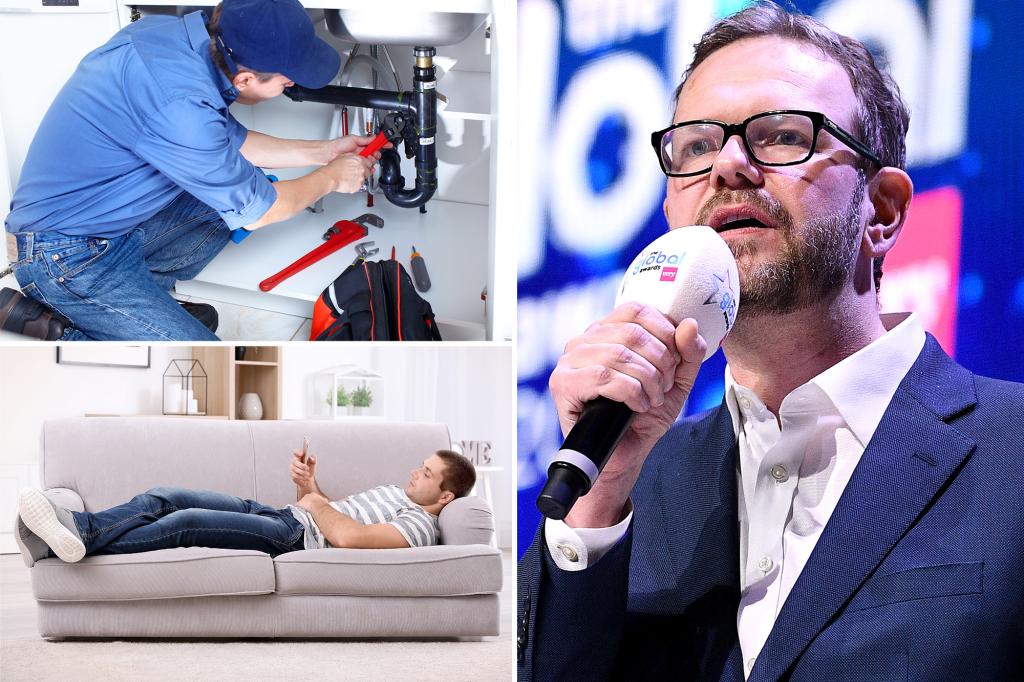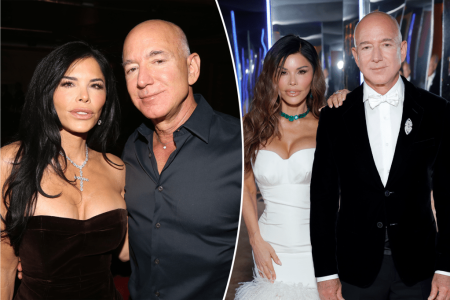A UK plumbing boss recently accused the young adult workforce of being lazy and entitled, claiming that many parents are calling prospective employers on behalf of their children to secure a job. The boss expressed frustration with the lack of motivation and determination shown by younger jobseekers, particularly in the plumbing industry where he struggles to find qualified and committed individuals.
Despite the increasing number of Zoomer jobseekers bringing their parents to job interviews, many employers are hesitant to hire younger workers due to concerns about their work ethic and attitude. The boss mentioned that a significant portion of Gen Zers aspire to become influencers, which may contribute to their perceived disinterest in traditional jobs. Employers are reporting difficulties with younger workers being difficult to work with, which has led to a decrease in hiring recent college graduates.
In response to accusations of laziness, some in their 20s have defended their generation, claiming they have a good work ethic but prefer to prioritize work-life balance. They argue that the traditional workforce model may not be suitable for the evolving preferences and priorities of younger workers. This conflict between older employers and younger employees highlights a growing disconnect in expectations and values in the workplace.
The radio show caller, Dan, shared his experience of receiving job applications from younger individuals who appear disinterested and are only present because their parents forced them to apply. He noted that the lack of enthusiasm and commitment from younger applicants makes it challenging to find suitable candidates to join his plumbing company. This situation reflects a broader trend of employers struggling to attract and retain younger workers due to perceived generational differences.
Some younger workers attribute their supposed laziness to their upbringing in a digital age where social media platforms like YouTube and TikTok promote instant gratification and the belief that they do not need to work. This mindset clashes with traditional work ethics and expectations, leading to misunderstandings and conflicts between older employers and younger employees. The preference for influencer roles over traditional jobs complicates the hiring process for employers seeking committed and dedicated employees.
Overall, the issue of generational differences in the workforce highlights the need for open communication and understanding between employers and employees of different age groups. Both sides must strive to bridge the gap in expectations and values to create a productive work environment that accommodates the changing preferences of younger workers while meeting the needs of employers. Addressing these challenges requires a shift in mindset and a willingness to adapt to the evolving dynamics of the modern workplace.














